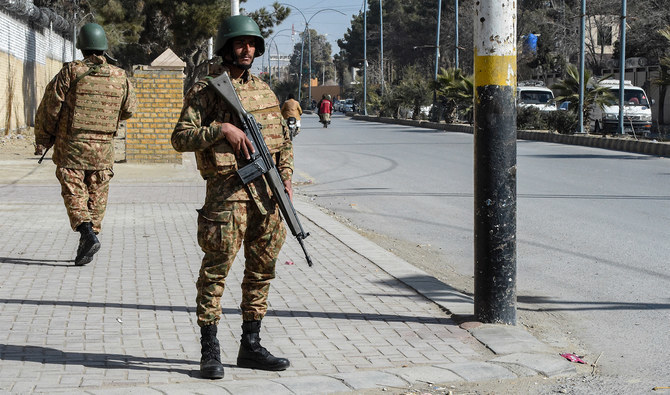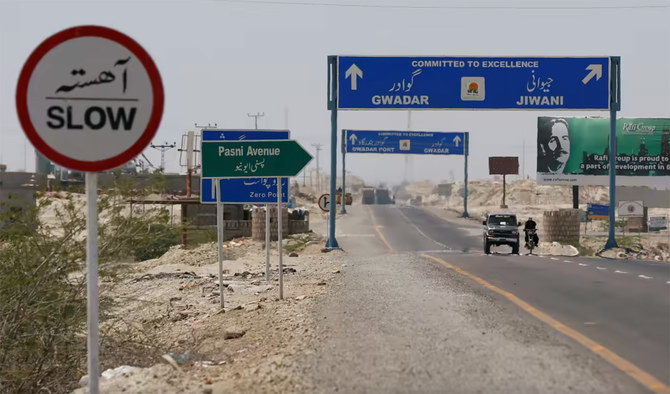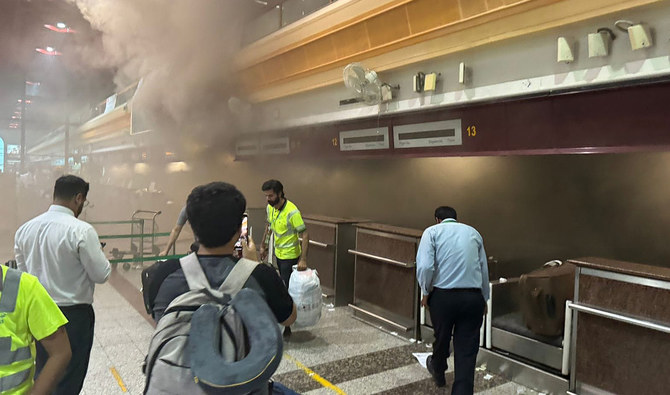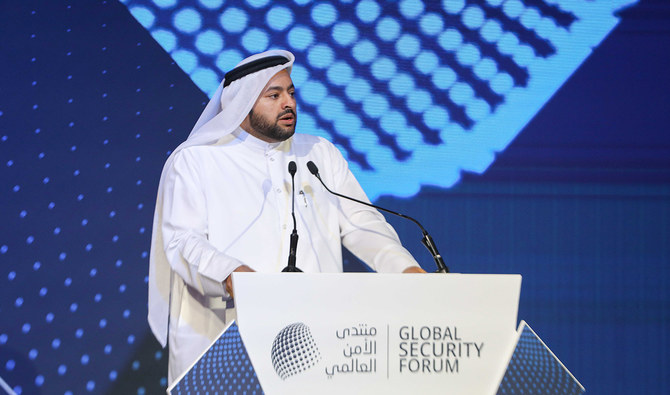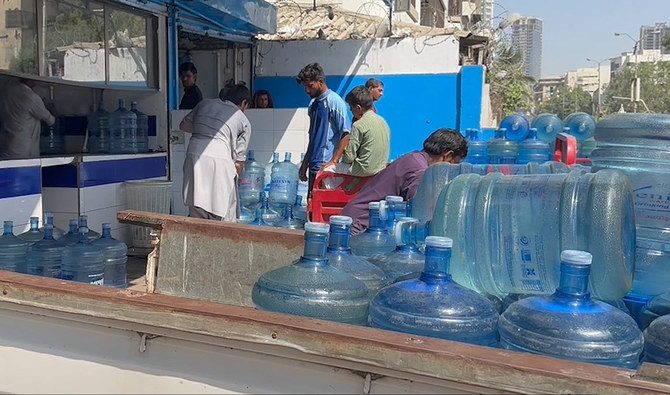KARACHI: The first Artificial Intelligence-generated web series on the life of Prophet Muhammad (pbuh) has been created by content creators and producers from Pakistan and Singapore, who say they aimed to transcend the “traditional constraints of cost, time, and conceptualization” by using AI.
Titled ‘Muhammad: The Mercy for the Multiverse,’ the web series is a collaboration between Qalbox at MuslimPro, a global subscription video-on-demand entertainment streaming service for Muslims, and Qur’anscape, an online platform for spiritual education.
A description on MuslimPro of the series, which does not include visual images of the prophet, reads:
“Immerse in an animated series depicting Prophet Muhammad PBUH’s life, exploring pre-prophethood milestones, post-revelation challenges, and the compassionate essence of Muhammad.”
The global project team from Qur’anscape and Qalbox was spread across Singapore, the US, UK and Pakistan, while the bulk of technical work took place in Pakistan. The screen-writer is Lahore-based Fatimah Sattar while the show has been produced by Pakistani Abbas Arslan, who is the CEO of Qur’anscape. The series has been directed by Emad Khalid, the co-founder of the Lahore-based Prompt Media Lab content creation agency, while the executive producer is Junaidah Bte Said Khan, who is the Singapore-based head of Qalbox.
“The project lies in employing AI to introduce a novel perspective on the stories of Prophet Muhammad and other Qur’anic narratives, aiming to transcend the traditional constraints of cost, time, and conceptualization,” producer Arslan told Arab News.
He said the reason the team picked AI for the series was its desire to “pioneer the use of Generative AI in telling deeply meaningful stories.”
“Generative AI offers unique advantages, such as swiftly transforming human ideas into reality, which was crucial for delivering these projects efficiently and effectively,” Arslan said.
Khan at Qalbox said the collaboration between Qalbox and Qur’anscape was the “first of its kind in the faith genre.”
“By integrating AI, we’ve been able to bring these timeless narratives to life in a way that’s both fresh and deeply respectful,” Khan told Arab News. “This technology has enabled us to present stories that have been cherished for generations in a manner that’s both accessible and relatable to today’s diverse audience.”
Screenwriter Fatimah Sattar, who wrote the screenplay for Sarmad Khoosat’s film ‘Kamli’, said she started her research for the series with Yasir Qadhi’s lectures, referring to the renowned Pakistani-American Muslim scholar and theologian.
“The deadlines were really tight so I couldn’t really study more than this but we have a Mufti [cleric] on board who reads all the drafts and graciously corrects any mistakes or errors I make,” Sattar said. “I found the whole process very enlightening.”
Director Emad Khalid from Prompt Media Lab described the challenges of trying to portray the prophet’s life.
“As Muslims, we bear the great responsibility of ensuring that our representation is both authentic and meticulously researched,” said Khalid, an award-winning director with an honoree award at the Gen:48 AI Film Festival 2023 to his credit.
While the research and scripting of an Al-driven project was the same as for traditional filmmaking, Khalid said, in the generation phase, the team leveraged AI image generation tools to bring the screenplay to life, then animated the images into cohesive video sequences while generating character voices using AI.
“Despite its rapid evolution, AI still struggles with rendering certain details accurately, especially when it comes to creating imagery that deviates from predominantly Western contexts,” Khalid said.
“Recreating the specific environment and culture of the time of Prophet Muhammad presented a unique set of challenges. We had to employ image editing AI tools extensively to refine the generated images to our satisfaction.”
The show has 10 episodes, out of which two have been released exclusively on Qalbox by MuslimPro. The remaining episodes will be released during Ramadan.
“The feedback for the series has been overwhelmingly positive ... Marketing and promotional efforts have resulted in the show becoming one of Qalbox’s top-performing shows,” executive producer Khan said.
“There’s notable anticipation for future episodes, and the series has been particularly well-received in countries such as the US, France, Indonesia, the United Kingdom, Canada, and Malaysia. The positive feedback on social media, with viewers sharing the series with family and friends, further underscores its impact and reach.”




